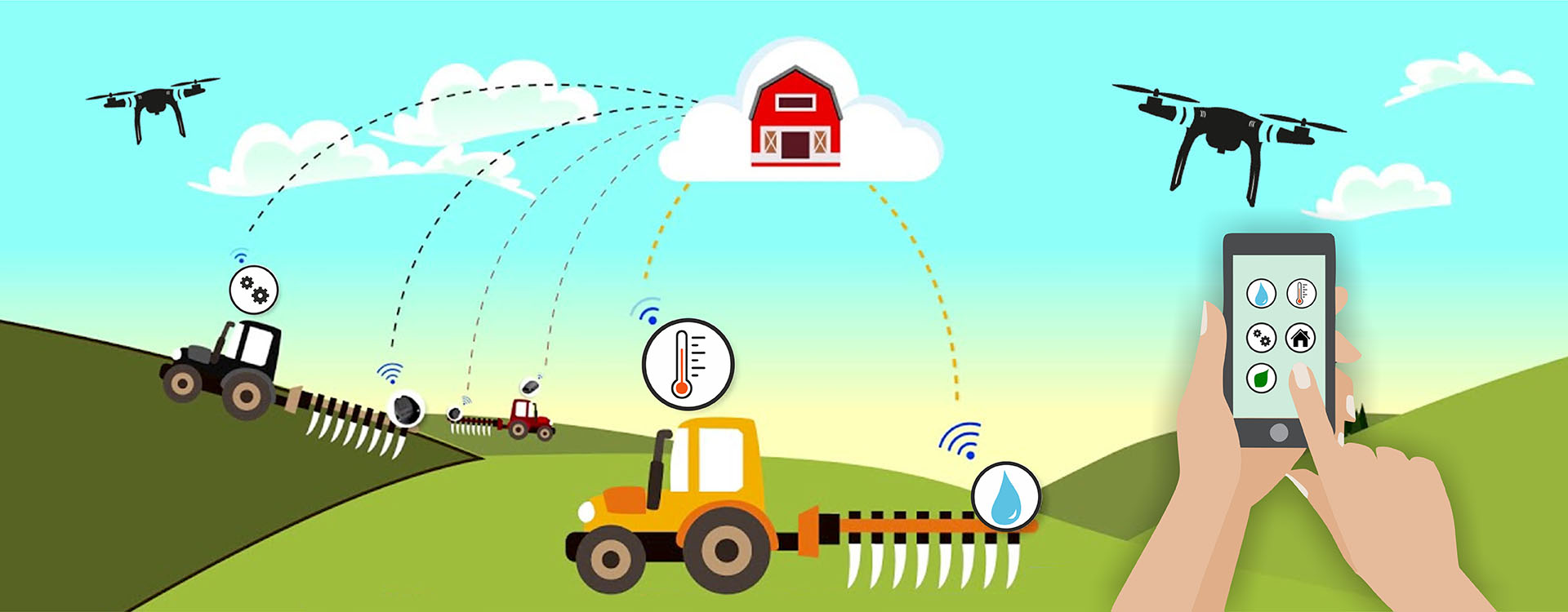Indian agriculture space has been marred with hosts of problems over the years. Identifying the same, many agritech start-ups have forayed into this space and developed unique solutions backed by technology.
How Agritech Addresses Inefficiencies In Supply Chain?
Many agritech start-ups have created direct linkages with farmers for procurement. Platforms are bringing in digitisation of physical mandis, artiyas, loaders, and processors by providing an online interface. For instance, Bijak, Agribazaar, DeHaat gives access to farmers to a mandi-wise list of buyers and suppliers for each of their commodities.
For a start-up operating in the space, the scalability depends on its ability to consistently maintain the quality of produce through quality management.
Addressing Low Technology Access, Wastage in Agri tech Start-ups
Crop selection is based on what farmers used to sow historically or based on anecdotal data on which crops are expected to yield higher in the given year.
Start-ups like Fasal, CropIn, Stellapps are using farm-level data (using sensors, drone, satellite imagery) to predict agriculture and growth level requirements – including irrigation, insecticide sprays and fertilisation-and helps farmers take informed decisions. However, for farmers to invest in precision agriculture practices, there need to be incentives in terms of risk sharing/ buy-back models or contract farming initiatives.
Reforming Financials Services in Agritech Industry
Besides working on immediate payments, start-ups are offering financial services such as crop loans and crop insurance by leveraging technology to accurately assess the farmer’s risk profile besides resolving the issue of delayed payments.
Moving forward, agritech players will also need to develop lending models which are customised for farming segments (e.g., sachet loans).
Market Linkage – Farm Inputs: Addressing Volatility In Prices And Sub-Optimal Input Selection
Various start-ups like DeHaat, BigHaat, EM3, Gramophone, UGAOO are providing digital marketplace and physical infrastructure to link farmers to inputs besides offering mechanised equipment that are usually unaffordable for farmers to purchase, on a rental basis, making it more feasible. They are able to make data-led decisions to accurately predict supply and demand of inputs and therefore, offer inputs at prices with lower uncertainty than traditional models.
Scalability in this segment depends on the player’s ability to offer credit to farmers for their working capital management without displacing the traditional distribution model, and the player’s ability to offer advisory on selecting the right inputs.
Quality Management And Traceability: Addressing Uneven Quality And Lack Of Testing
The produce is usually tested in limited quantities at laboratories, which has a turnaround time of two to three days, and is expensive. Start-ups like Intello Labs are providing digital solutions by conducting quality testing of agricultural produce through imagery-based technology embedded in mobile applications to assess the quality externally.
Start-ups in this space need to forge partnerships with both farmer producer organisations (on supply) and food processing companies (on demand) to sustain.




